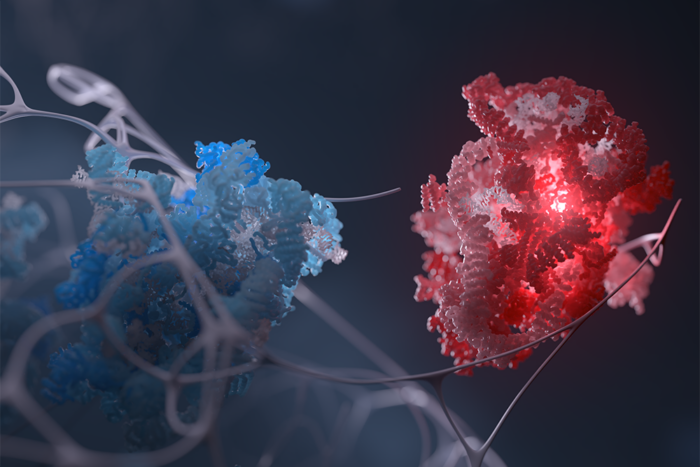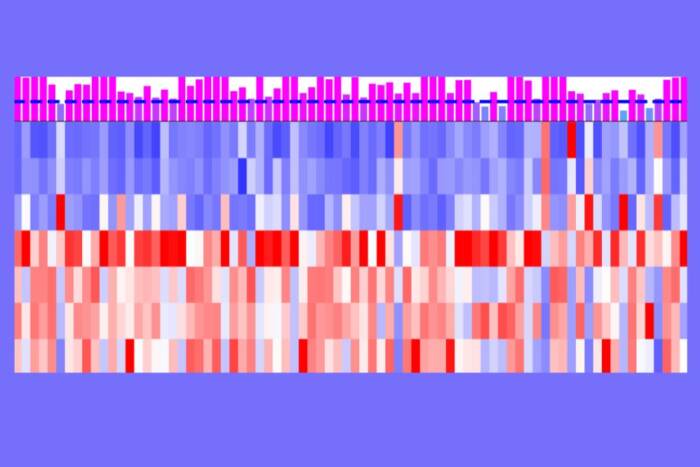A new seminar series
One of the important things about being part of an academic community is the opportunity to attend lectures and seminars. Rockefeller has an impressive calendar, with some of the world’s most acclaimed scientists sharing their findings and opinions in a variety of fora each week. The university invests time and effort in running these series and I encourage everyone to make use of the lectures and seminars. In this column I am also introducing a new series which I think will be of broad interest to the community.
First, a note about etiquette. I’ve said before, and I am concerned that I have to say again, that people should not leave the auditorium en masse as the question-and-answer session is getting under way. Getting up as the discussion begins is rude to our speakers and to those who wish to engage with them, and it reflects very poorly on us as a university. If you are going to attend a lecture — particularly the Friday Lecture — I ask that you please plan to stay to the end. If you absolutely cannot, sit near the back and leave quietly as the question-and-answer proceeds.
The Friday Lecture Series, a Rockefeller tradition, continues to bring in excellent people who can speak on topics of broad interest to our scientific community. Charlie Rice is the chair of the selection committee this year. Credit for the ongoing success of this series goes to him and to numerous members of our faculty, postdocs and students who have worked to identify, recruit and host Friday Lecture speakers, as well as to those in the administration who arrange their visits and take care of the details.
Our internal lecture series — the Monday Lectures — provides an opportunity for us to hear from our own faculty. We also use the Monday afternoon slot to introduce to the community faculty candidates identified in the open search process. This winter we will hear seminars from around a dozen potential candidates, and I encourage everyone to attend as many of these as possible. The campus reaction to these speakers is an important factor in deciding whom we will extend offers to; it’s also helpful to our recruiting efforts when the candidates see a large turnout and have positive interactions at these events.
In addition, several more-specialized lecture series are worth highlighting. The weekly Seminar in Clinical Research, held Wednesdays at noon, focuses on the more clinical aspects of biology. The Center for Studies in Physics and Biology Seminars, Tuesday afternoons, are particularly discursive. And the monthly Harvey Society Lectures, held in the evenings, attract very high-caliber lecturers, speaking to a scientific audience from both inside and outside the Rockefeller community. (The university’s newly revamped online calendar of events makes it easy to track all the regular lectures.)
This winter, we’re also pleased to announce a new lecture series called the Special Seminar Series. The purpose of this series is twofold: First, it’s to expand our exposure to speakers in areas that we are interested in actively developing at Rockefeller. A number of this year’s Special Seminar speakers work in the fields of evolution, ecology and ethology. These are areas in which we do not have a large number of faculty currently working, and they are important fields which I would like Rockefeller to be more involved in. The first step toward that is to hear about research that is under way elsewhere and meet the people behind it.
The second purpose of the new series is to support recruitment efforts led by this year’s faculty search committee. For that reason, the series will also include speakers from all areas of potential interest to our ongoing open faculty search. These speakers will be selected by the various subcommittees of the faculty search committee, and the seminars will provide an opportunity to learn more about each speaker’s field and specific area of research.
I encourage everyone to attend the Special Seminar Series, held Wednesday afternoons in Welch Hall. As always, I am eager to hear feedback from the community about how our various lecture series can be improved.


